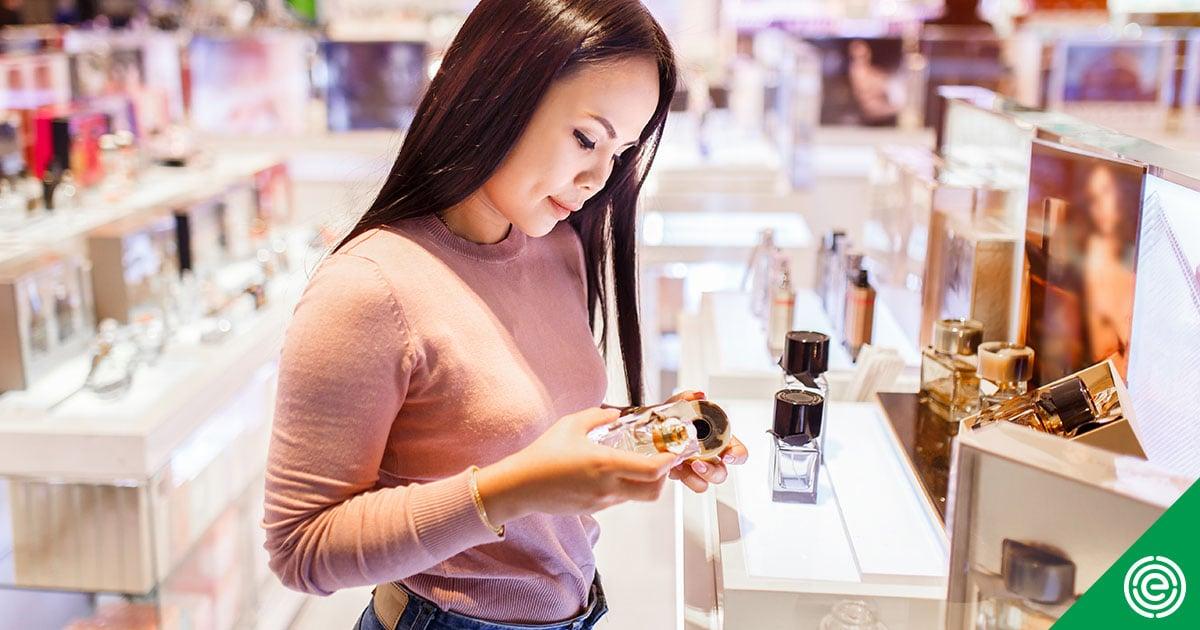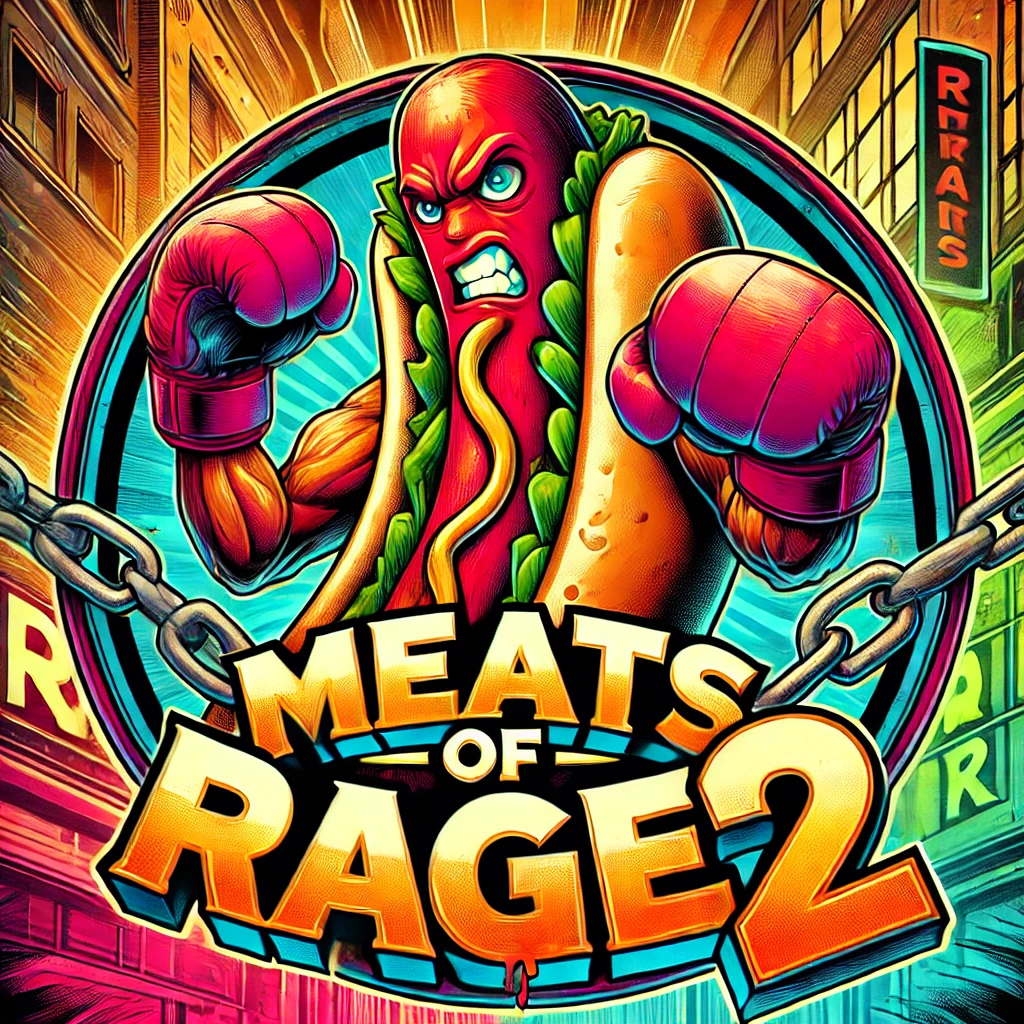It’s pretty great for finding a soap or sunscreen that will be easy on your body and the planet. Thanks, Environmental Working Group!
I just want to point out that, when browsing fragrances and sort from worst to best, you have to get to page 7of 18 to even reach “Moderate Hazard”, so 30% of tested products were classified as “High Hazard”.
This is consistent with information available elsewhere: https://www.bcpp.org/resource/right-to-know-exposing-toxic-fragrance-chemicals-report
https://health.osu.edu/health/general-health/how-fragrances-affect-health
I was baffled that quite a few people were not aware of how harmful many fragrances are.
Thanks to massive lobbying, and this won’t surprise anyone on Lemmy, but cosmetics as a whole have no regulatory oversight mechanism. The FDA can recommend things and it’s up to corporations to self-regulate, which usually works well with no significant fines to deter bad actors.
Don’t let your kids use anything.
Yup and “health supplements” are in the same boat
Check out the app Yuka (I assume it’s also on iOS). You can scan the bar codes of food and body products to get the health score and warnings.
A colleague of mine just pointed this app out. I love that this exists.
But make sure to dig into the additional info and draw your own conclusions.
For instance, it ranked Pure Life water (a typical bottle of water) at 65/100 because it contained sodium bicarbonate. This is something in the category of emulsifiers, a category that one study related to breast cancer, a preliminary study noted to have discrepancies. That’s a few leaps of correlation via a single one-time study with documented issues.
Anyway, I’d say the app is still worthwhile then having no easy guidance on product health and safety.
Here’s the iOS link: https://apps.apple.com/ca/app/yuka-food-cosmetic-scanner/id1092799236
After reading this headline, I was wondering why they’d use deep web for this site
EWG is a well known pseudoscience peddler, even going as far as anti-vaxx claims https://en.wikipedia.org/wiki/Environmental_Working_Group
I wish this had a way to filter by ingredient. I could only see a way to filter by brand or approval. My partner has a list a mile long of allergens and finding makeup is a challenge.
I’m a little confused by the grading here
Says it has allergic effects. No shit? It’s full of citrus, as it says on the Lush website.
Says it has irritation for eyes potential. No shit? Don’t put citrus in your eyes, somehow this isn’t an issue for denatured alcohol though, which is toxic on purpose (so as to prevent it’s consumption as surrogate alcohol).
Then says it has Fragrance in it, fair enough that is proprietary, could be some shit in there.
The page for it says Allergies & Immunotoxicity is the only high common concern.
Again obviously you can have an allergy to everything so it’s a bit redundant, no? A full list of potential allergens would just be a list of everything, no?
https://www.ewg.org/skindeep/ingredients/702512-FRAGRANCE/
Then for immuntoxicity, the table just shows a bunch of vague and uncited claims, referencing some mystery “open science literature”. Neither the product nor ingredients pages explicitly link to specific claims from peer reviewed sources such as journals doing literature reviews on the topic or even studies or papers on the subject, nor do they include a mechanistic explanation for the phenomena.
I’m not a scientist, but this doesn’t scream exactly scientific, you can’t just write “Source: science literature” I would’ve been expelled from uni trying to pull that shit even at first year bachelors’ level in an engineering course.
So it seems that this isn’t science or even evidence based, cursory Google search seems to suggest this EWG is a dodgy lobbying group that claims to be a non-profit. Where’s the lobbying - there’s power/money and incentive/goal.
http://www.undueinfluence.com/ewg_complaint.htm
http://www.forbes.com/sites/henrymiller/2011/09/28/cleaning-up-the-ewgs-dirty-dozen/
http://www.realclearscience.com/2012/06/22/food_safety_science_vs_green_agenda_247623.html
They also made a film called “Not So Pretty”, which urged people to throw away their “toxic” and “harmful” existing beauty products, and buy ones that EWG recommends in the app and database they very conveniently provide where they lay out unsourced unscientific claims about the safety of various products.
Take this as you will, but if you ask me, this seems like a simple marketing scheme to prop up certain products and sell them to those who want to do right by the environment and look after their health by creating a fake “certification” of sorts, no different from recycling symbols on soda bottles.





